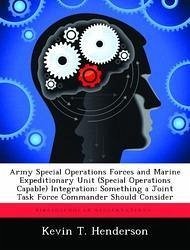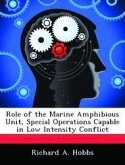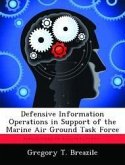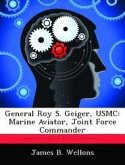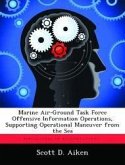Due to the current and future world events, the United States Armed Forces have to be more flexible, far reaching, and timely to react to or deter conflict. To meet these demands the military must have interoperability, which in this monograph means jointness. This monograph addressed whether it is beneficial in future conflict for a JTF commander to integrate ARSOF with a MEU (SOC). This monograph did not address the current issue of the Marine Corps developing a unit for Special Operations Command (SOCOM). However, this paper explored the possibility of the interoperability of the MEU (SOC), a conventional marine unit, and ARSOF. Operation Assured Response and Operation Enduring Freedom - Philippines were used as case studies. The analysis of the case studies revealed issues of basing, logistics, force protection, MEDEVAC, and mobility. Each issue was addressed with the benefits of integrating ARSOF and a MEU (SOC). In order to make the recommendations a reality; this monograph concludes there is a need to improve the officer education system, update doctrine, and the MEU (SOC) and ARSOF need interoperability training during the MEU pre-deployment training. The theme of this monograph was interoperability and timeliness. Today, the U.S. military is deployed worldwide. In order to meet the demands there needs to be an understanding of jointness. One service cannot accomplish all the current missions alone. During planning, staffs and commanders should understand the power and consider utilizing the combined capabilities of ARSOF and the MEU (SOC). This monograph has demonstrated that by using ARSOF and the MEU (SOC), JTF commanders would have more versatility and responsiveness.
Hinweis: Dieser Artikel kann nur an eine deutsche Lieferadresse ausgeliefert werden.
Hinweis: Dieser Artikel kann nur an eine deutsche Lieferadresse ausgeliefert werden.
